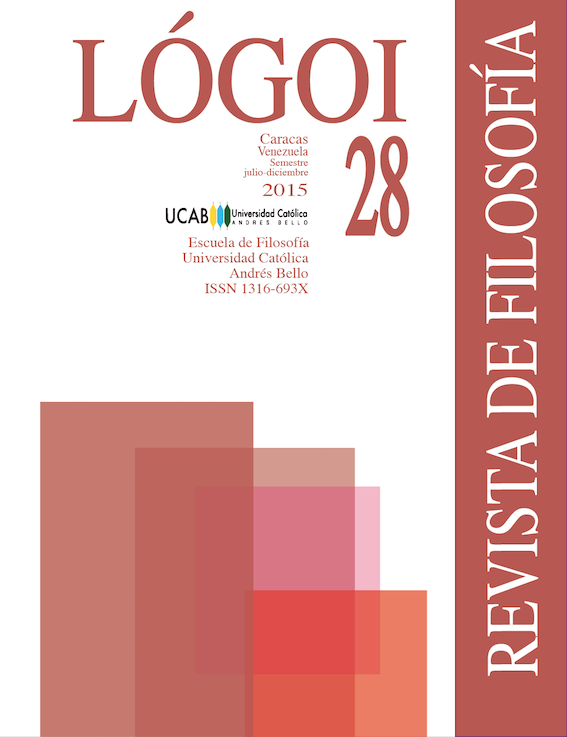Guidelines and criticisms of the relevance theory of Sperber and Wilson
DOI:
https://doi.org/10.62876/lr.v0i28.3317Keywords:
Cognitive processes, communication, inferenceAbstract
The purpose of the Relevance theory is to offer a distinct way to observe the studies of human communication, starting from a general vision of knowledge and taking the human cognitive processes as a gear whose function is to produce the maximum cognitive effect with a minimum of processing energy, starting from the more relevant information to which the subject has access and accepting that the process of communication consists in assuming that the inference being communicated is relevant. Our purpose is to offer a general vision of the guidelines on which such theory is based on and point out some critics to it as well.
Downloads
References
H.P. Grice: “Meaning”, en The Philosophical Review, Vol. 66, Nro. 3 (Jul., 1957), pp. 377-388. Hay traducción castellana en Manuel Valdés Villanueva: La búsqueda del significado, “Significado”, pp. 481-490, Madrid, Editorial Tecnos, 2005.
Jerry Fodor: The Modularity of Mind. An Essay on Faculty Psychology, Massachusetts, Massachusetts Institute of Technology, USA, 1983.
François Recanati: El significado literal, Traducción de Francisco Campillo, Madrid, A. Machado Libros, C.A., 2004.
Dan Sperber y Deirdre Wilson: La relevancia. Comunicación y procesos cognitivos, Madrid, Gráficas Rogar, 1994. (Harvard University Press, 1986).
Sperber y Wilson, Op. Cit., p. 87.
Published
How to Cite
Issue
Section
License
Copyright (c) 2022 Array

This work is licensed under a Creative Commons Attribution-NonCommercial-ShareAlike 4.0 International License.







.png)











